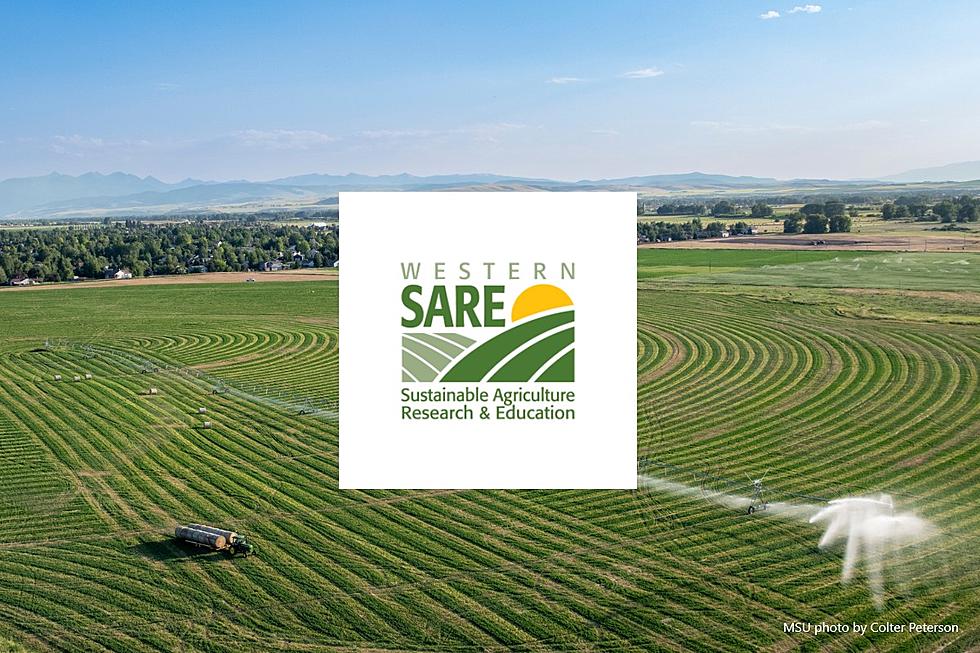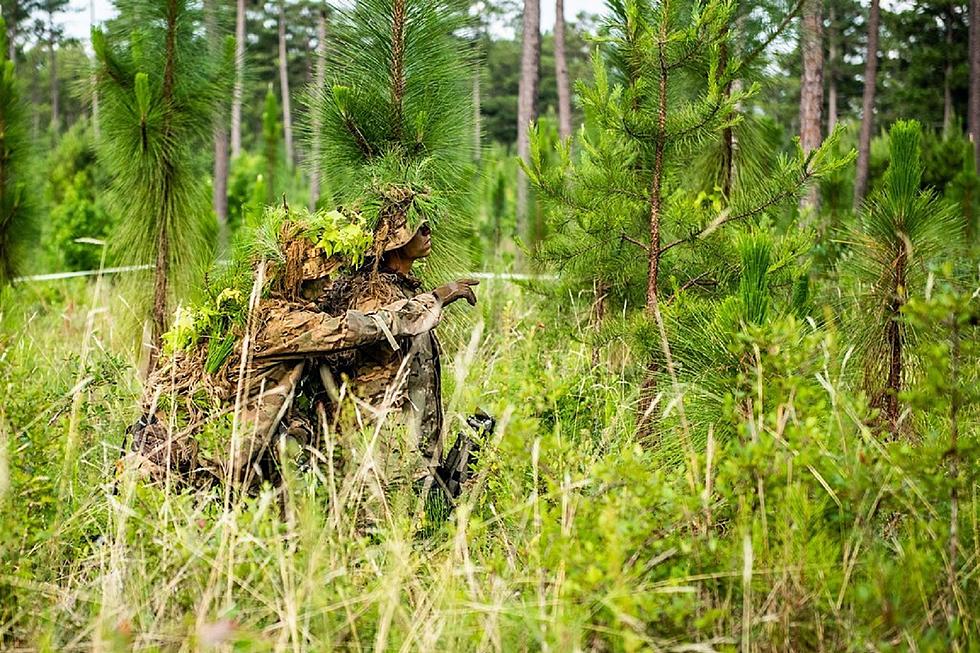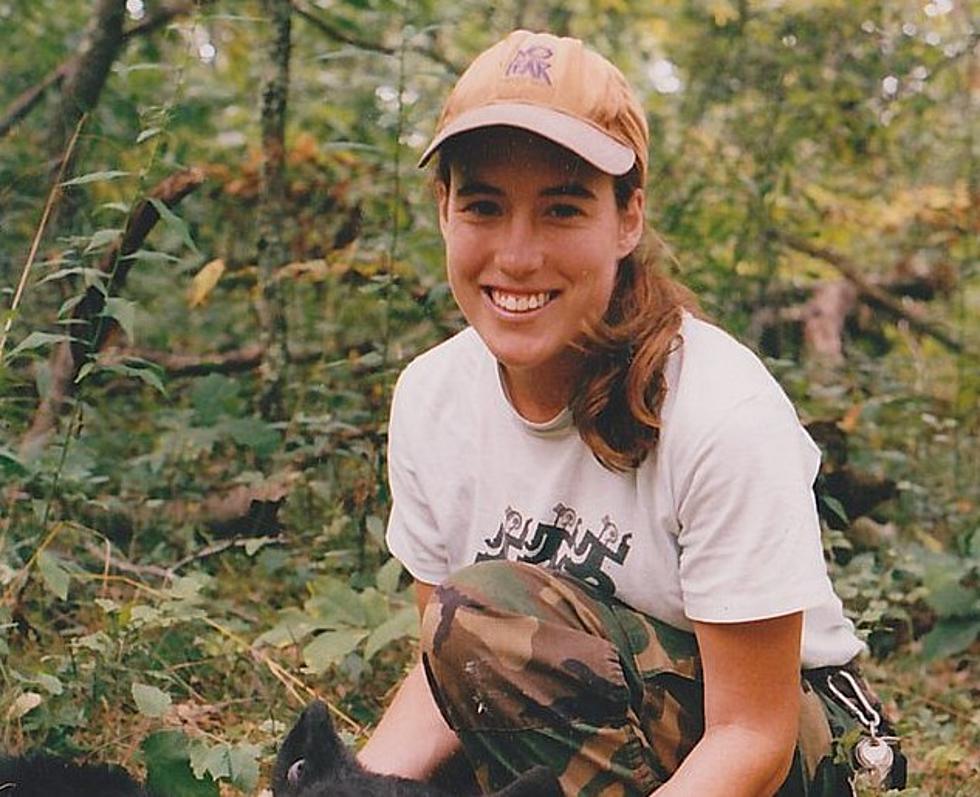
MSU Continues As Host Institution of Western Sustainable Agriculture Research and Education Program
BOZEMAN — Montana State University has once again been selected as the host institution of the western region Sustainable Agriculture Research and Education organization, the country’s foremost, producer-led research and education grant program for sustainable agriculture.
MSU’s 10-year term as host starts Oct. 1. During that time, Western SARE will distribute about $100 million in grants to producers and researchers, according to Clayton Marlow, regional coordinator of Western SARE and an MSU professor in the Department of Animal and Range Sciences in the College of Agriculture.
The program’s mission is to advance American agricultural sustainability by investing in groundbreaking research and education that leads to innovation and improved profitability, stewardship and quality of life. MSU was first selected to host Western SARE in 2018 for a five-year term. It was previously hosted at Utah State University.
“The whole SARE program was created to encourage and empower producers to be economically, ecologically and sociably sustainable,” Marlow said. “Everything is reviewed within those three pillars.”
SARE’s western region is the largest of four regions organized under the national SARE, a program of the U.S. Department of Agriculture. Western SARE encompasses 13 states, as well as American Samoa, the Northern Mariana Islands, Micronesia and Guam, making it the most ecologically and ethnically diverse SARE region, Marlow said.
Recent projects include determining if cattle living in areas with a wolf population experience more stress, using targeted cattle grazing in Arizona to improve soil health and developing fish farms in Micronesia to benefit local villages.
Marlow and his staff work with Western SARE’s administrative council to review project proposals, award grant money and create a vision for the program. The administrative council comprises farmers, industry experts and educators, and appointees from government agencies.
“We're in the process of a 10-year strategic planning of the certain things we want to focus on,” said Kent Wasson, a farmer in Whitewater, Montana, and an MSU alumnus, who is serving as past chair of the administrative council as part of a six-year term.
He said finding solutions to climate events and water problems are high priorities, along with developing ways to deal with disease, pollinators, biofuels and food and fiber.
MSU won a competition between applicants that submitted proposals for a vision as host institution, according to Julie Maitland, current chair of the Western SARE administrative council.
“This provides stability to the program and an opportunity to continue supporting innovation in sustainable agriculture across the western region,” Maitland said. “The Western SARE region faces many challenges and opportunities in agriculture due to its diversity in ecosystems from tropical to high desert to coastal, unique production systems, succession planning needs and access to land for new and beginning farmers, just to name a few.”
Sreekala Bajwa, dean of the MSU’s agriculture college, said she is thrilled the university will continue hosting Western SARE and looks forward to collaborating with researchers and producers.
“The Western SARE program is crucial to the West as it enables the development, training and adoption of sustainable agricultural practices across the region,” Bajwa said. “I look forward to Clayton’s leadership in growing the impact and reach of Western SARE across the region and into underprivileged communities.”
Marlow said Western SARE is focused on increasing engagement with tribal communities. A member of Western SARE produced a webinar showing how to write a proposal for a SARE grant, and Marlow and his staff visited reservations and tribal colleges to explain the program and encourage applicants.
Another function of Western SARE is professional development. Each state has a representative in charge of distributing funds to agriculture professionals and producers to learn and acquire new knowledge or deepen their understanding of sustainable agriculture.
As the state coordinator, Patrick Mangan, an MSU extension agent, administers a yearly budget of about $30,000 for professional development opportunities for Montanans. His office distributes “mini grants,” up to $2,500, to be used for things like conference fees, funding for travel to industry events and developing a program on reservations to encourage youth to engage in agriculture.
Recipients of grants are also required to perform educational outreach, which can include appearing on podcasts, creating worksheets and working with schools and communities, according to Marlow.
“You have to go out and work with the people or your project is considered incomplete,” Marlow said.
As MSU prepares for its second term as host institution, Marlow said his staff and the administrative council are focusing on increasing aid for underrepresented farmers and ranchers, putting together a conference system for researchers to share information with producers and finding a pathway to get younger generations interested in agriculture.
- By Greg Cappis, MSU News Service -
More From KSEN AM 1150









